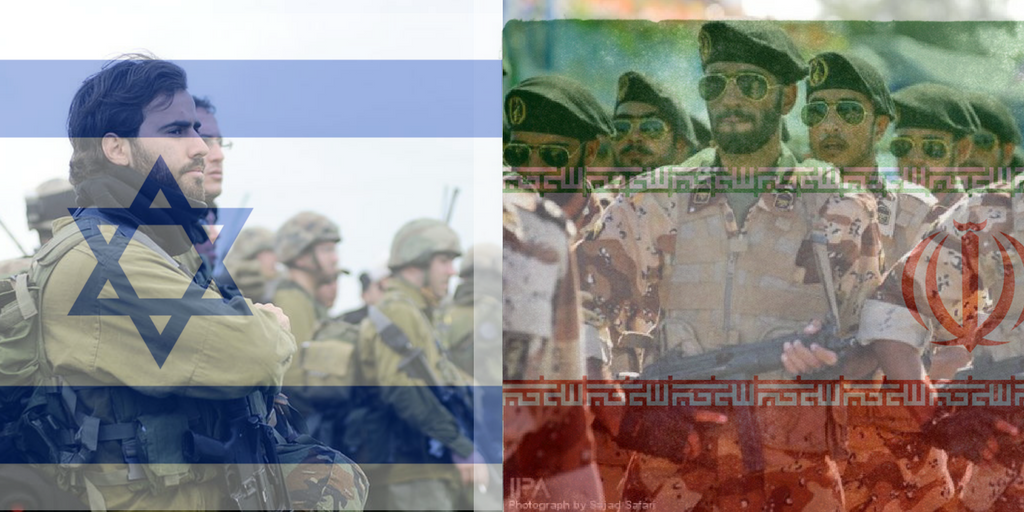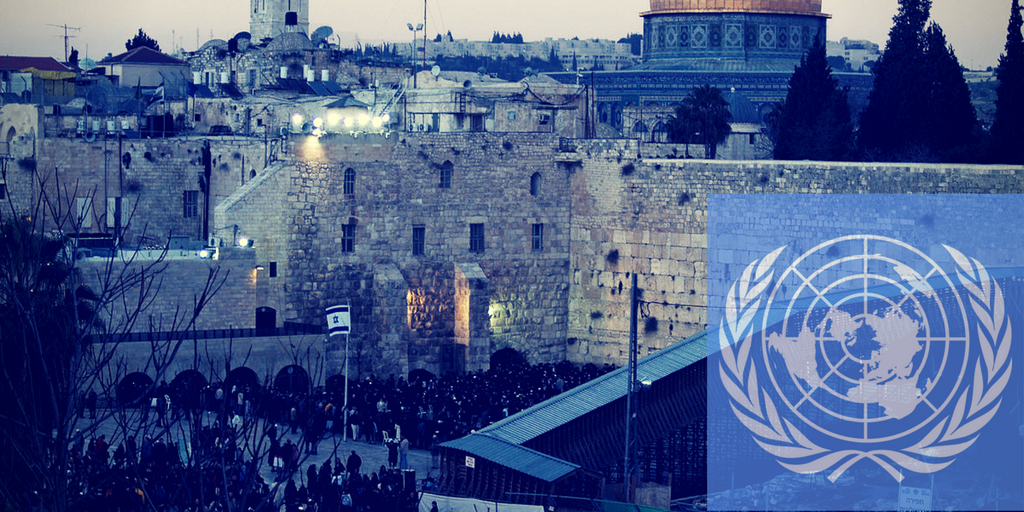HELP PROMOTE THIS CLASS BY JOINING OUR COMMUNITY HERE
The exile is insidious. It penetrates us, disconnects us – twisting the world and everything within it. However there is hope. After all, exile is analogous to sleep and although when one wakes up they are groggy and disoriented, they still have awoken. We too yearn to be awake; to see the the world in a clarity unquestioned. Yet, we haven’t achieved this because we have not let go of the blockages within. It is to awaken and find the unity that has always existed within the Creation.
HELP PROMOTE THIS CLASS BY JOINING OUR COMMUNITY HERE





